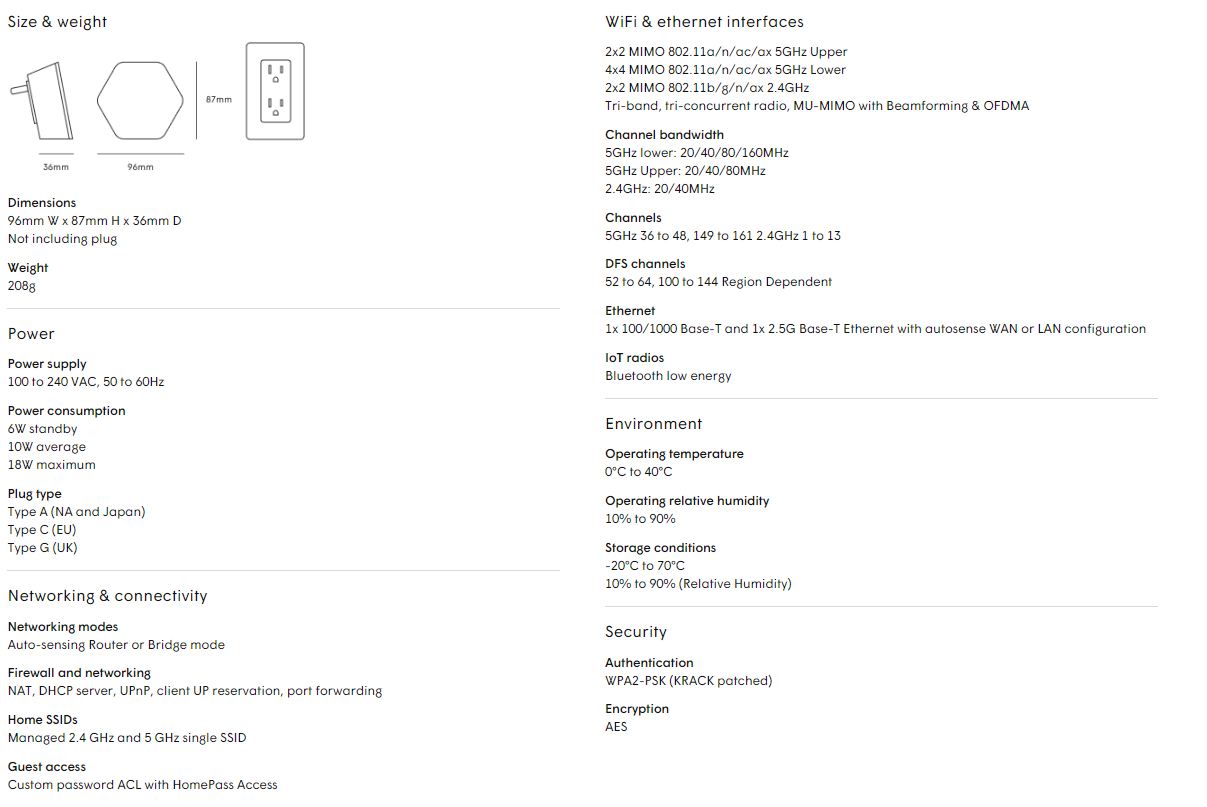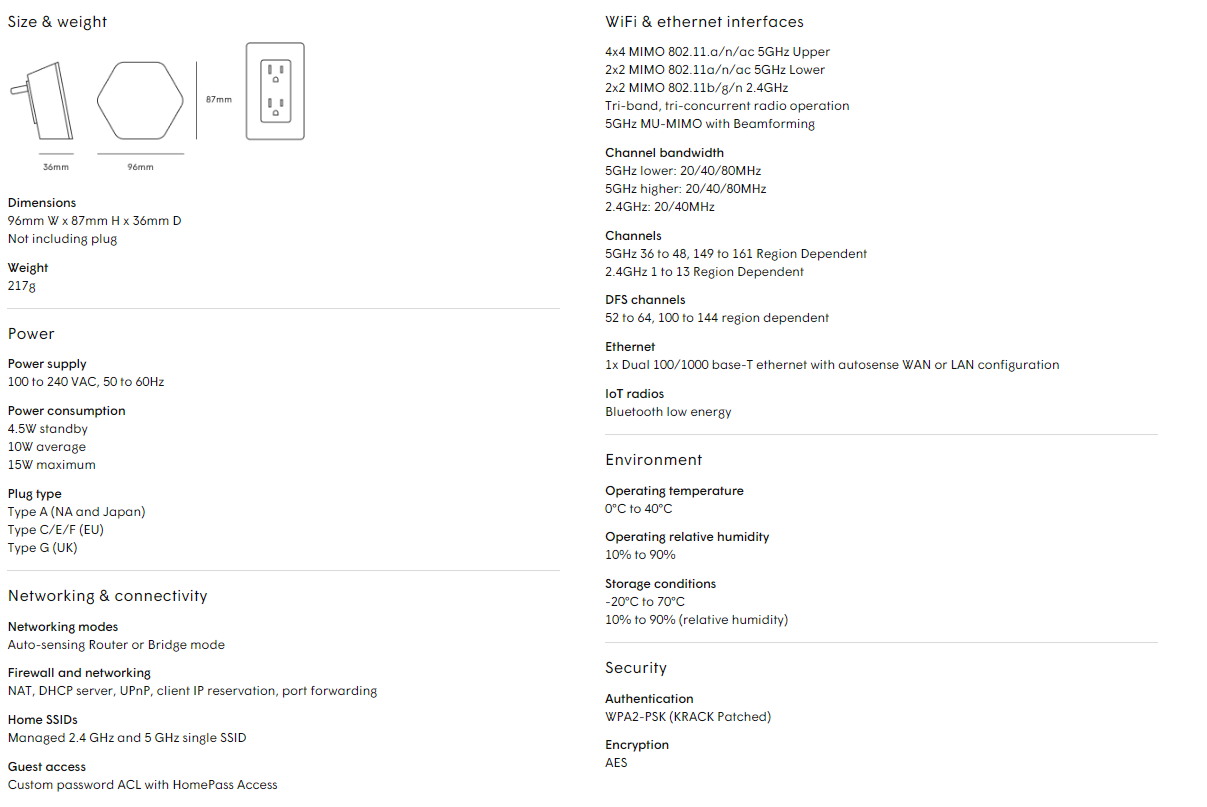With the growing popularity of “neighborhood watch” apps, such as Nextdoor, Neighbors by Ring, and Front Porch Forum, scammers are using these apps to take advantage of you and your trust in your neighbors. These scammers tend to target people that are more likely to trust their neighbors and respect the business recommendations that are posted on these apps without doing a thorough background check on who they’re hiring.
How Does It Work?
For example, scammers are using the Nextdoor and Neighbors by Ring apps to pose as fraudulent contractors so that they can charge people money before performing their tasks. However, instead of doing the job they were paid to do, they avoid all further contact with the customer. Alternatively, some scammers will complete the job even though they are not qualified, after claiming they are. This forces families to spend more money on the new damages caused to their property by the “business” they hired.
How To Avoid These Scammers?
While this can be alarming and unsettling, there are still ways to protect yourself and your information on these Neighbor Apps. To help you stay safe, here are some tips:
- Check with the Better Business Bureau. If you are skeptical about a business that is being suggested or if the deal sounds too good to be true, verify that the business is real with the Better Business Bureau.
- Have a face-to-face conversation with your neighbors. Having a face-to-face conversation with your neighbors eliminates the risk of coming in contact with a scammer pretending to be a client of the business in question. Going straight to the source is better than falling victim to a scam.
- Do not overshare. Oversharing can allow scammers to know what types of services you need. They may use that information to social engineer you into giving them your personal information or money.
Never give out sensitive information over the phone, online, in email, or on an app. Never share your personal information until you are absolutely sure that the person you are speaking with is legitimate. They should be able to prove that they are qualified to provide the services discussed.
Stop, Look, and Think. Don’t be fooled.
Protect your network! Learn more about security awareness training for your team.








